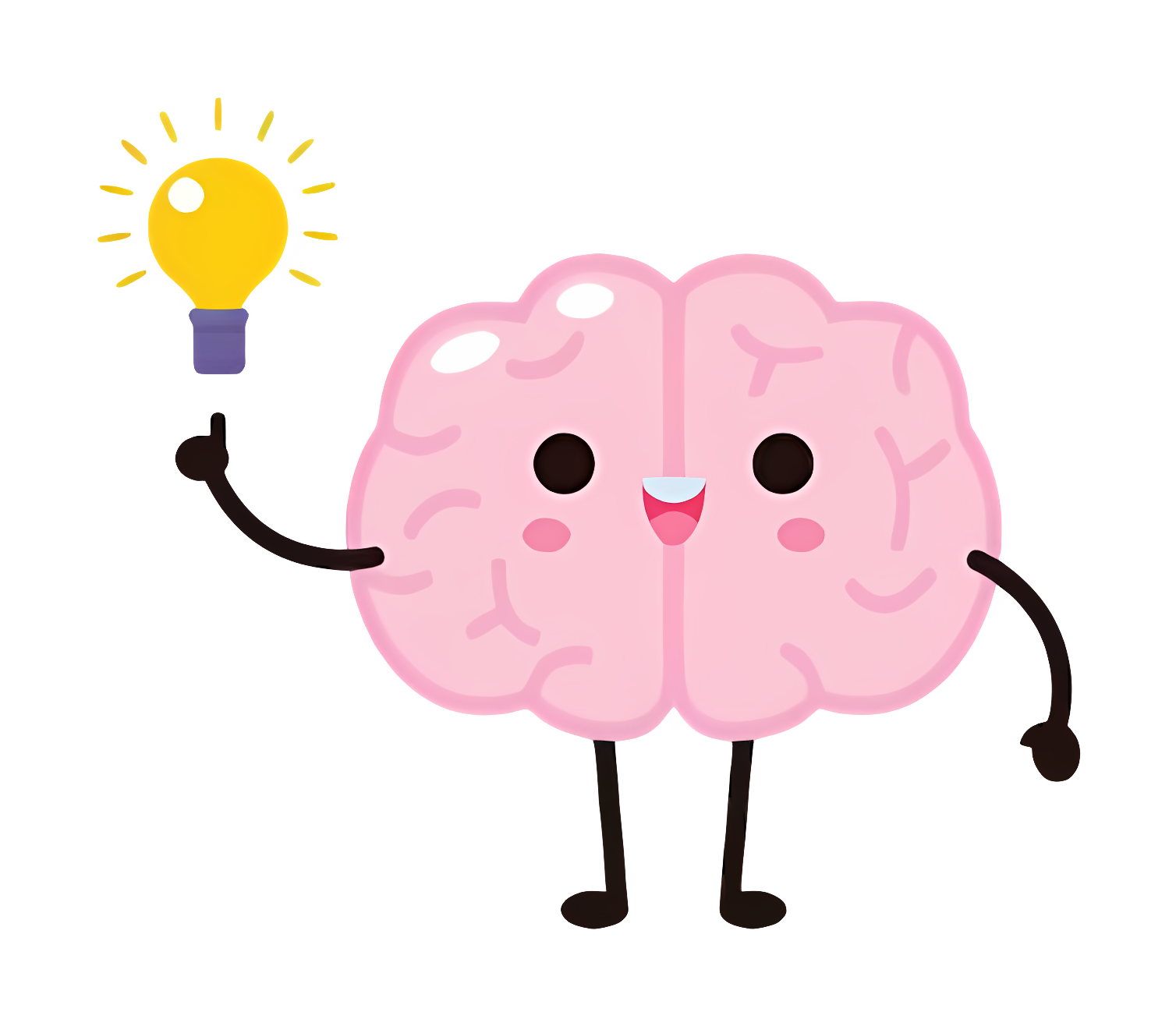First Aid and Concussion Awareness
Essential Training for Coaches
At Goal Hounds, all coaches are First Aid certified and trained to recognize and respond to concussions and their symptoms.
Understanding and managing sports injuries is crucial for ensuring athletes' safety and recovery, regardless of their level of play. Being prepared to handle these situations can significantly impact an athlete’s well-being and return to the game.
Concussion Awareness
The Concussion Awareness module and certification available on The Locker website are essential resources for coaches, volunteers, and parents alike.
All of our coaches at Goal Hounds have completed these concussion certification modules to ensure they are well-informed about managing concussions and their symptoms.
We strongly encourage anyone interested in gaining a thorough understanding of this crucial topic to explore the free e-learning courses provided.
You can access these valuable resources at The Locker's Concussion Awareness Courses. By participating, you'll be better equipped to support athlete safety and well-being.
Injuries generally fall into two categories:
Common Sports Injuries and First Aid Responses
Our Coaches are often the first to respond to injuries.
Here are some common sports injuries and how to manage them:
Nosebleeds:
Knocked-Out Teeth:
Sprains and Strains:
Fractures:
Concussions:
In Case of Emergency or Injury
If your child is injured during a Goal Hounds program, please don't hesitate to contact our office at any time. We’re here to assist you with any concerns and provide our insurance information to ensure you have the support you need. Your child's well-being is our top priority, and we're committed to helping in any way we can.
